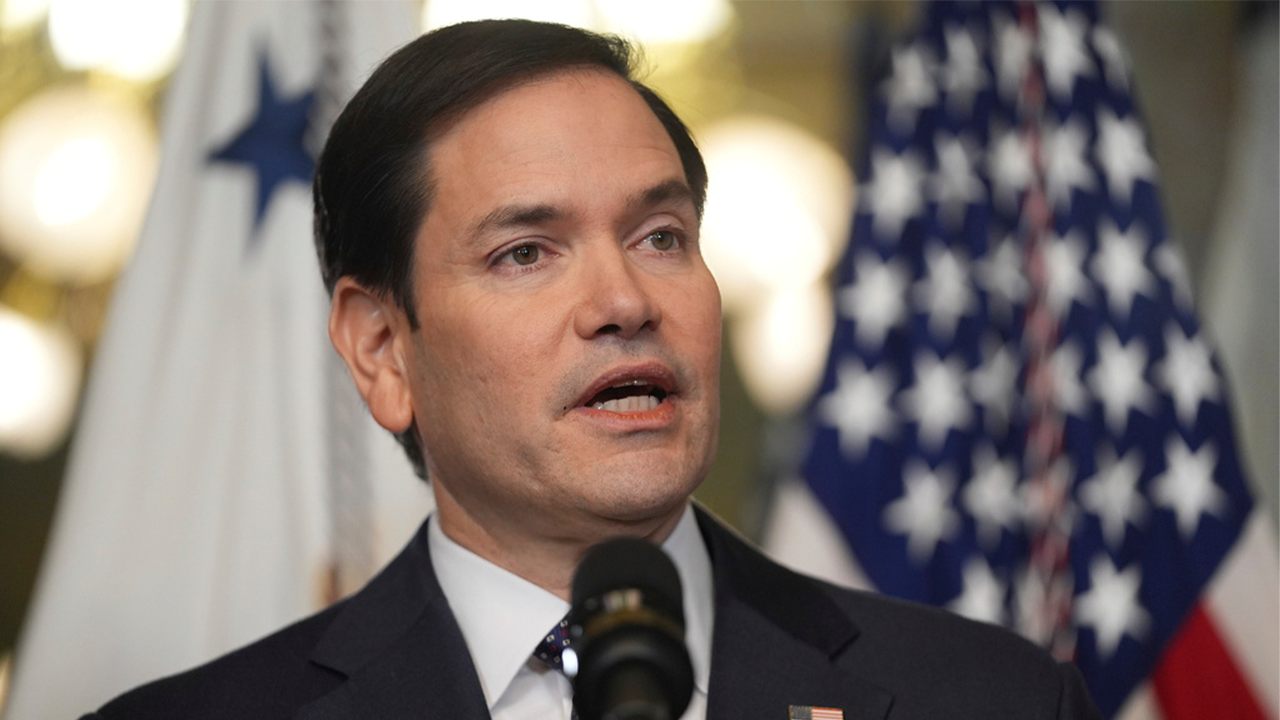Rubio Advocates for US Action Against Houthi Rebels: A Global Favor
In recent discussions surrounding U.S. foreign policy, Senator Marco Rubio has taken a firm stance on the necessity of military action against the Houthi rebels in Yemen. He argues that this action is not merely a national imperative but also a favor to the global community. This perspective invites a deeper examination of the geopolitical landscape, the implications of U.S. involvement in the Middle East, and the broader consequences for international stability.
The Houthi Context: Who Are They?
The Houthi movement, officially known as Ansar Allah, emerged in the early 2000s from the Zaidi sect of Shia Islam. Initially a local insurgency, the group has evolved into a significant military force, particularly following the outbreak of the Yemeni Civil War in 2014. Their rise has been characterized by:
- Regional Backing: The Houthis have received considerable support from Iran, contributing to the sectarian tensions between Sunni and Shia factions across the Middle East.
- Strategic Objectives: Their goal is to establish a government that reflects their interests and to resist perceived foreign intervention, particularly from Saudi Arabia and the United States.
- Humanitarian Crisis: Their control over significant portions of Yemen has exacerbated one of the world’s worst humanitarian crises, affecting millions.
Rubio’s Perspective: National Necessity and Global Favor
Senator Rubio’s advocacy for U.S. military action against the Houthis stems from a multifaceted rationale. He posits that failure to act against this group poses threats not only to U.S. interests but also to global stability. His arguments can be summarized as follows:
- Countering Iranian Influence: By confronting the Houthis, the U.S. can help curb Iranian expansionism and its influence in the region. This aligns with a broader strategy of containing Iran, as the group serves as a proxy in various conflicts.
- Supporting Allies: U.S. military support for Saudi Arabia and other Gulf states fighting the Houthis is seen as crucial to maintaining regional security. The stability of these allies directly impacts global oil markets and international trade routes.
- Humanitarian Considerations: Rubio emphasizes the dire humanitarian situation in Yemen, arguing that U.S. intervention could help alleviate suffering and restore order.
Geopolitical Implications of U.S. Involvement
The complexity of U.S. involvement in Yemen cannot be understated. The interplay of local, regional, and global factors creates a challenging environment for policymakers. Here are some key implications:
1. Regional Stability
Engaging militarily against the Houthis may help stabilize Yemen and, by extension, the surrounding region. However, it could also lead to:
- Escalation of Conflict: Direct military action may provoke retaliation not only from the Houthis but also from Iran, leading to a broader conflict.
- Increased Sectarian Tensions: The already volatile sectarian landscape could be further inflamed, complicating peace efforts in neighboring countries.
2. International Relations
U.S. actions will likely affect its relationships with various countries:
- Allies and Adversaries: While some allies may view U.S. intervention favorably, others could perceive it as an overreach, straining diplomatic relations.
- Global Perception: The U.S. military presence in the Middle East continues to be a contentious issue, influencing global public opinion and international relations.
The Humanitarian Angle
While military action may be framed as a means to achieve strategic goals, the humanitarian implications are profound. Yemen is facing:
- Severe Food Insecurity: Millions are on the brink of famine, and military actions could exacerbate this dire situation.
- Displacement of Civilians: Ongoing conflict has forced millions to flee their homes, leading to a refugee crisis that affects surrounding regions.
Addressing these humanitarian needs should be a priority in any U.S. strategy, with a focus on aid and diplomatic solutions alongside military considerations.
Alternative Strategies: Diplomacy and Aid
While Senator Rubio advocates for military action, alternatives must also be considered. A balanced approach could involve:
- Increased Diplomatic Efforts: Engaging in comprehensive negotiations to broker peace between the Houthis and the Yemeni government.
- Humanitarian Assistance: Expanding U.S. support for humanitarian organizations working to alleviate suffering in Yemen, which could help stabilize the situation.
- Regional Cooperation: Collaborating with regional powers to address the underlying issues driving the conflict, rather than relying solely on military solutions.
Conclusion: A Call for Balanced Action
Senator Marco Rubio’s advocacy for U.S. action against the Houthi rebels underscores the intricate dynamics of Middle Eastern politics and the pressing need for effective policy responses. While military intervention may be seen as a necessary step to counter threats and support allies, it is imperative to approach the situation with a multifaceted strategy that considers humanitarian needs and the potential for diplomatic resolution.
As global citizens navigate the complexities of international relations, it becomes clear that actions taken today will have far-reaching consequences. A careful balance of military readiness, humanitarian assistance, and diplomatic engagement may offer the best path forward, not just for the United States, but for the entire world. Ultimately, the goal should be to foster a stable, peaceful, and prosperous Middle East that serves the interests of all nations.
See more BBC Express News

